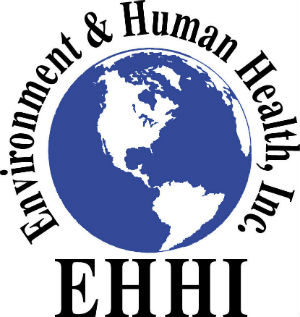Wood Smoke: Nuisances
If offending wood smoke comes from an Outdoor Wood Furnace (OWF), the Connecticut Department of Energy and Environmental Protection (CT DEEP) will inspect the offending unit. If the OWF complies with the CT state statutes concerning OWFs, yet still harms neighbors, the DEEP will turn the issue over to the local health department in the town. If the OWF does not comply with state statutes, the DEEP will tell them that it will have to comply or be shut down. All other offending wood smoke issues are handled by the local government, usually by local health departments. Open brush burning (leaf and wood limbs, etc.) need a permit from the town's Fire Marshal. Directives from the CT DEEP and the CT Department of Health concerning Campfires, Bonfires, Fire Pits, Chimineas and Other Similar Devices This directive is from the CT DEEP and the CT Health Department. It is very important for CT local health directors to know "that the burning of wood in a campfire, bonfire, chiminea or other similar devices is prohibited if the burning is conducted so that it creates a nuisance for neighbors."
"A nuisance is considered to be the unreasonable, unwarranted, or unlawful use of one's property in a manner that substantially interferes with the use or enjoyment of another individual's real property, without an actual trespass or physical invasion to the land." If anyone in CT is being harmed by any of the wood burning devices mentioned above, their local health director can shut them down as a "public health nuisance." The burning of wood in a campfire, bonfire, chiminea or other similar devices is prohibited if the burning is conducted so that it creates a nuisance for neighbors or it is in violation of any restrictions imposed on such burning by your local municipality. Campfires and/or bonfires are not defined by state statute or regulation; however, some towns have special requirements to conduct this type of burning and may require the homeowner to obtain a permit prior to having a campfire on his or her property. Special requirements may include: limiting the size of such fires; setback distances from structures and/or property lines; lot size; and requiring campfires and/or bonfires to be permitted.
